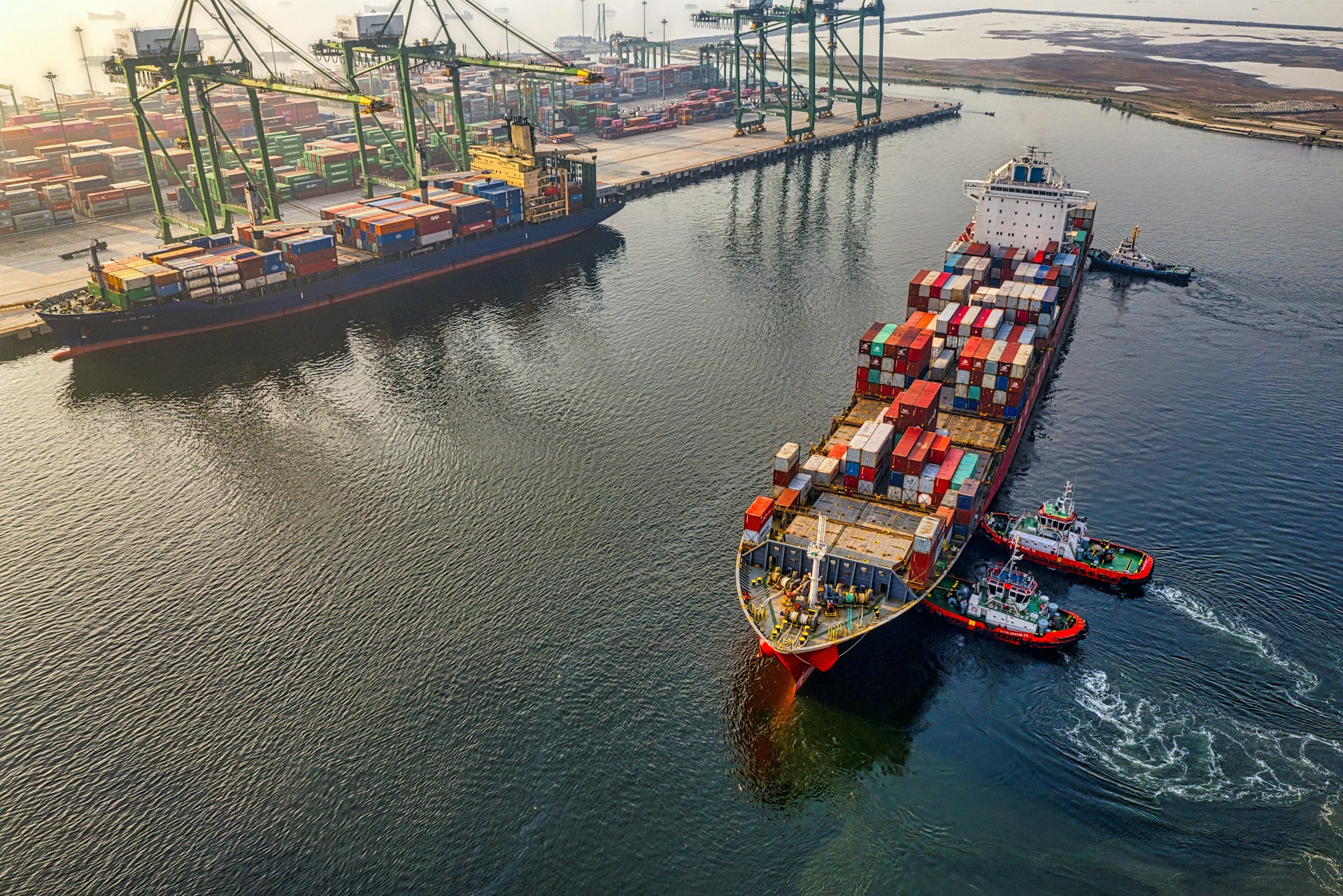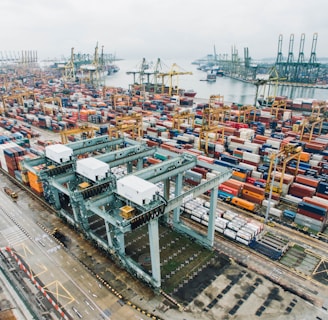
EXIM Industry
(Export and Import)
Freight forwarders play a crucial role in facilitating the export and import of goods by managing the logistical aspects of transportation. Here are key functions associated with export and import activities that freight forwarders typically perform
Warehousing and Distribution
Arrange for warehousing services at key transit points.
Coordinate the distribution of goods to their final destinations.
Our Services
Export and Import Freight Forwarder
Documentation and Customs Clearance
Prepare and manage all necessary export and import documentation.
Facilitate customs clearance processes, ensuring compliance with regulations.




Freight Booking and Carrier Negotiation
Arrange and book transportation services for goods.
Negotiate with carriers, shipping lines, and other logistics providers for favorable terms.


Cargo Consolidation and Deconsolidation
Combine multiple shipments into a single container for cost-effectiveness.
Deconsolidate cargo at destination for distribution to multiple recipients.


Packaging and Labeling
Provide guidance on proper packaging and labelling of goods for international shipping.
Ensure compliance with international shipping standards.




Routing and Transportation Planning
Determine the most efficient and cost-effective routes for transportation.
Plan and coordinate the movement of goods from origin to destination.
Insurance Coordination
Assist in obtaining appropriate cargo insurance coverage.
Handle insurance claims in case of loss or damage during transit.


Customs Tariff and Regulatory Compliance
Stay informed about customs tariffs, trade regulations, and compliance requirements.
Ensure proper classification of goods for tariff determination.


Documentation for Special Cargo
Manage documentation for special cargo, such as hazardous materials or perishable goods.
Obtain permits or approvals required for the transportation of specific types of goods.


Tracking and Visibility
Implement tracking systems for real-time visibility into the location of shipments.
Provide clients with regular updates on the status of their shipments.






Technology Integration
Implement digital tools for document management and communication.
Regulatory Compliance Advisory
Advise clients on export and import regulations, trade sanctions, and embargoes.
Stay updated on changes in international trade laws.


Customer Service and Communication
Provide excellent customer service by addressing client inquiries and concerns.
Maintain open communication with clients, carriers, and other stakeholders.




Risk Management
Identify and mitigate risks associated with transportation and logistics.
Implement measures to secure cargo against theft, damage, or loss.
Supply Chain Visibility
Offer supply chain visibility solutions for end-to-end tracking and monitoring.
Enhance transparency in the supply chain for clients.
By effectively managing these key functions, freight forwarders contribute to the smooth flow of goods in international trade, ensuring timely and cost-effective transportation for their clients.


Post-Ship Feedback and Improvement
Gather feedback from travelers post-ship.
Use feedback to enhance services and address areas for improvement.


Innovative Experiences and Trends
Offer unique and innovative Shipping experiences.
Stay ahead of industry trends and integrate them into offerings.
